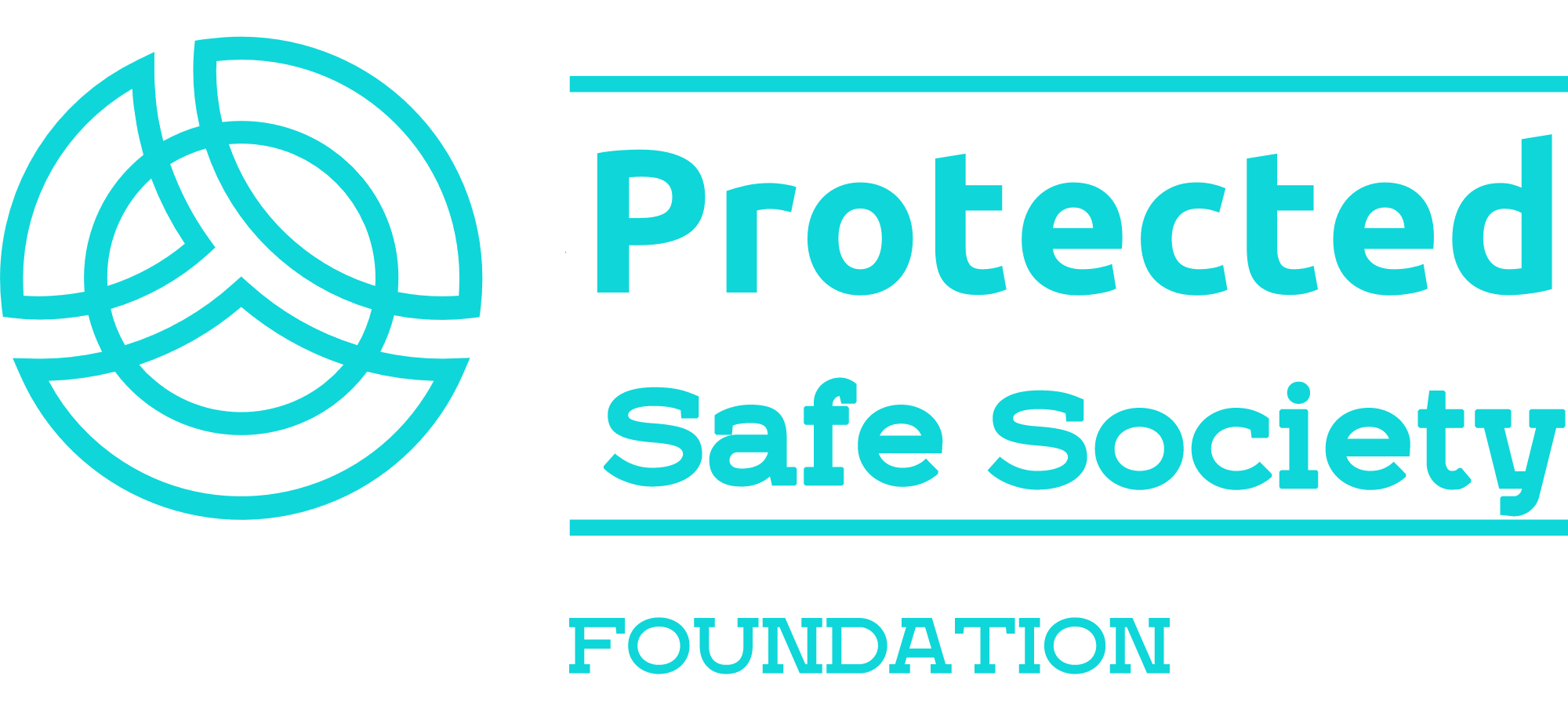– What is identity? How did the modern self-image develop? And finally: How does the change in self-image affect moral norms? – The latest episode of Carpe Deum seeks to answer these questions based on Carl R. Trueman’s book “The Rise and Triumph of the Modern Self.”
According to the author of the book, in the modern moral dialogue, incompatible worldviews and self-images collide, resulting in assertions about moral truth from one side often clashing with emotions on the other. Because two camps, two different worlds, two different conceptions of the self form the basis of the discourse.
It is no wonder that arguments from one side are not arguments on the other. And since many feel their identities offended in the face of moral-based arguments, the response often given is emotional. And vice versa! This is why today’s debates seem more like quarrels.
The most significant and spectacular clashes can be witnessed, or even participated in, in issues related to abortion and reproductive rights, biotechnology and genetic manipulation, or questions concerning sexual orientation and gender identity. This is why many believe that the starting point, or the root of today’s conditions, was the sexual revolution.
Professor Trueman argues that it did not start decades ago, but centuries ago. The culture of relationships, public morality, sexual practices, and issues related to gender identity did not change so rapidly and significantly due to the sexual revolution. The results stem from a much older and broader revolution, which entails the change in the individual’s worldview and self-image.
The core of the book is the fundamental conviction that the so-called sexual revolution of the past sixty years, which culminated in the normalization of transgenderism, cannot be correctly understood until we understand how the nature of the “self,” the human conception of oneself, and the relationship to the world have changed.
This book provides indispensable assistance in understanding this.
💘love
💘love
😡angry
😡angry




